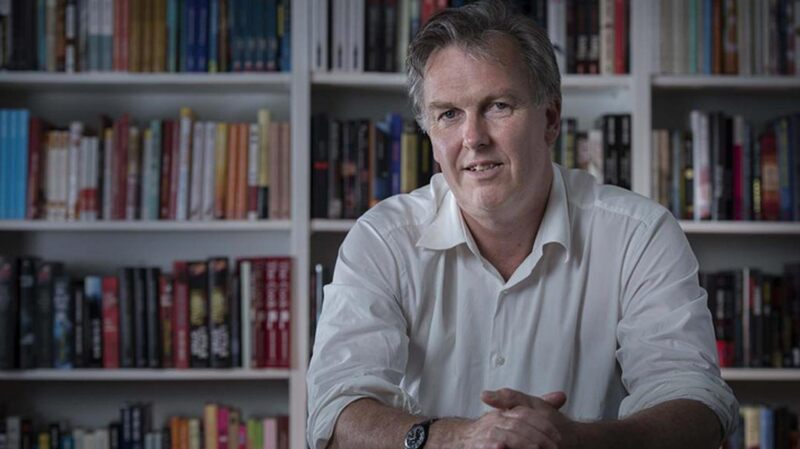You are viewing your 1 free article this month. Login to read more articles.
Researchers behind author earnings survey set out corrective measures for publishers and policy-makers
The researchers behind an authors’ earning survey, which found that median earnings for authors stands at £7,000 per year, have now published a follow-up report outlining corrective action that could “make the UK an attractive haven for writers” and address issues outlined in the initial report.
The initial research, conducted by the CREATe Centre at the University of Glasgow and published in December 2022, showed a sustained fall in professional writers’ real terms income from writing over the past 15 years of around 60%, pushing median earnings down to minimum wage levels.
It also revealed a rapid decline in the number of full-time professional authors from 40% of those surveyed in 2006, to 28% in 2018, and 19% as of 2022.
Now, a follow-up policy briefing has been published by the Creative Industries Policy and Evidence Centre encouraging policy makers and publishers to consider a range of soft (non-legally binding) and hard (legally binding) interventions to sustain and diversify the writing profession in the UK.
Proposed options for consideration include: publisher declarations of a commitment to a minimum wage for commissioned authors and parity of treatment for all demographic groups; educational resources to ensure writers understand copyright and contractual law; mandatory, time-limited reversion rights, publisher transparency and reporting obligations and targeted changes in tax and social insurance treatment, such as state support insurance schemes for writers that level the conditions between employed and self-employed workers.
Amy Thomas, lecturer in intellectual property and Information law, CREATe, University of Glasgow, said: “Many of the cultural and economic benefits of a thriving writing profession are being lost in the current UK system. As authors’ living conditions hit an all-time low, the UK has the opportunity to correct the course and create an attractive writing market for authors both at home, and from across the globe. Policy interventions are absolutely meaningful in helping to achieve this by creating mechanisms that help increase authors’ remuneration, to enhance their ability to licence their works, and ultimately, to keep their books being read.”
Bernard Hay, head of policy at head of policy at Creative Industries Policy and Evidence Centre, commented: “It’s important to note that the challenges facing authors and publishers in the UK are far from unique; the deteriorating financial situation appears to be part of a global trend. This is worrying of course, but it also presents UK policymakers with an opportunity. Corrective action could help the UK be a flourishing centre for creative talent if more generous working conditions for authors were considered. Contrary to some fears, the advancement of AI and the ever-growing digital entertainment industry could lead to a higher demand for the authentic, creative voices of a diverse pool of writers.”
The full report can be found here.



















